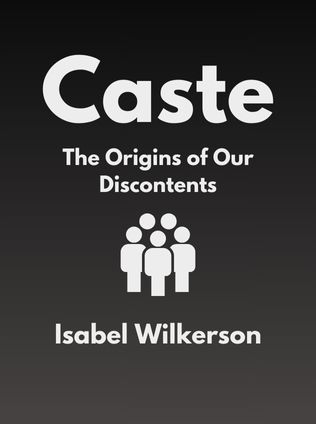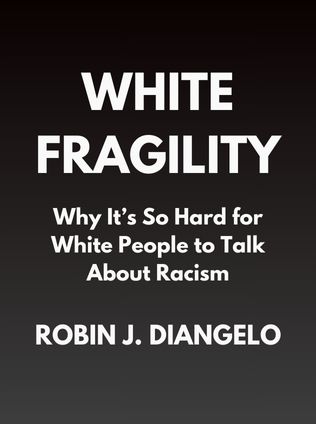
The Avoidable War
The Dangers of a Catastrophic Conflict between the US and Xi Jinping's China
By Kevin Rudd
Published 03/2022
About the Author
Kevin Rudd, a seasoned diplomat and politician, is the author of The Avoidable War. With a career that spans decades in public service, Rudd has a deep-seated understanding of international relations, particularly in the Asia-Pacific region. His experience includes serving as the Prime Minister of Australia from 2007 to 2010 and again briefly in 2013. He also held the position of Foreign Minister from 2010 to 2012. Currently, he is the Australian Ambassador to the United States, bringing his expertise to one of the most critical diplomatic roles in the world.
Rudd’s knowledge of China is not just academic; it is deeply personal and professional. He began his career as a diplomat in Beijing, gaining firsthand experience of Chinese culture, politics, and the intricate dynamics that define its relations with other global powers. His leadership of the Asia Society Policy Institute further solidified his reputation as an expert in the complexities of Asian geopolitics. In The Avoidable War, Rudd brings this wealth of experience to bear, offering a nuanced perspective on the deteriorating relationship between the United States and China, two of the world’s foremost superpowers.
Main Idea
The Avoidable War is a profound exploration of the growing tensions between the United States and China. Rudd presents the conflict not as an inevitable clash, but as a situation that can and should be carefully managed to avoid a full-scale war. He argues that while the US and China are fundamentally different—one being a democratic capitalist nation, the other an authoritarian socialist state—their relationship, built on mutual economic benefits, is crucial for global stability. The book delves into the factors that have eroded this relationship, particularly under the leadership of Chinese President Xi Jinping, and outlines a strategic approach to de-escalate tensions.
Table of Contents
- Introduction: The Importance of Avoiding War
- Historical Context: US-China Relations
- The Rise of Xi Jinping and His Strategic Vision
- The Economic Dimension: Clash of Capitalist and Socialist Models
- The Military Dimension: Escalating Power Struggles
- Global Influence: China’s Belt and Road Initiative
- Managing the Competition: Strategic Cooperation
- Conclusion: The Path Forward
Introduction: The Importance of Avoiding War
The opening of The Avoidable War sets the stage for a discussion on the critical need to prevent a military conflict between the United States and China. Rudd argues that such a war would have catastrophic consequences not only for the two nations involved but also for the entire world. The stakes are incredibly high, with potential losses in human lives, economic stability, and global peace. Rudd’s analysis begins with a stark warning: the future of global order may hinge on the ability of these two superpowers to manage their rivalry without resorting to armed conflict.
Historical Context: US-China Relations
19th-Century Imperialism: Animosity Between the US and China
To understand the current tensions, Rudd takes the reader back to the origins of US-China relations in the 19th century. This period was marked by imperial expansion and the forced opening of China’s ports to international trade following the Opium Wars. Rudd notes that while the US was uncomfortable with the imperialist nature of these actions, it nonetheless sought to benefit from the economic opportunities they created.
"The First Opium War from 1839 to 1842 was one of the first impetuses for hostility between the US and China." — Kevin Rudd
Rudd highlights how these early interactions laid the groundwork for mutual distrust. The US’s open-door policy, while economically beneficial, also fostered anti-foreign sentiments in China, particularly among its elite. This animosity was exacerbated by the Chinese Exclusion Act of 1882 in the US, which further deepened the divide between the two nations.
Sign up for FREE and get access to 1,400+ books summaries.
You May Also Like
Rich Dad Poor Dad
What the Rich Teach Their Kids About Money - That the Poor and Middle Class Do Not!
By Robert T. KiyosakiFreakonomics
A Rogue Economist Explores the Hidden Side of Everything
By Steven D. Levitt and Stephen J. DubnerI Am Malala
The Story of the Girl Who Stood Up for Education and Was Shot by the Taliban
By Malala YousafzaiFactfulness
Ten Reasons We're Wrong About the World – and Why Things Are Better Than You Think
By Hans Rosling



















